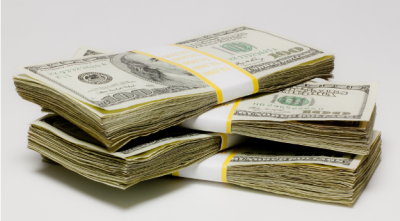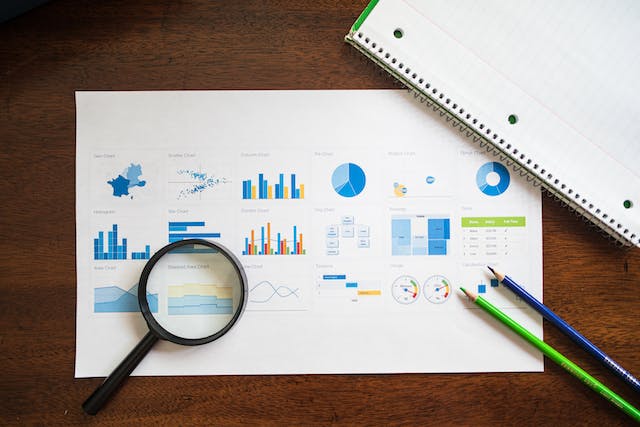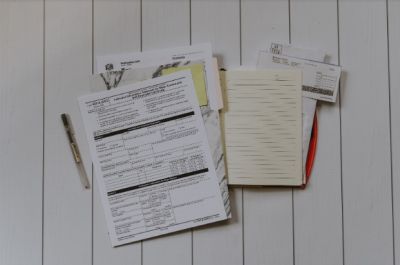In The Black: Managing Your Personal Finances Effectively

As kids and teens, it can be easy to think that life is a pretty easy ride.
Life’s pressures haven’t yet balanced themselves on your shoulders and finances aren’t even a part of your thought process. But as you leave home, the full weight of adult life hits you.
There are all sorts of bills and payments to be made. Some will be for things you didn’t even know existed until living independently. Surprise, surprise! Water doesn’t come for free.
As most of us don’t receive much financial advice or knowledge before heading into the wide world for ourselves, it’s not all too surprising that so many people will head straight to lenders of all sorts when they face times of trouble.
It’s also not all too surprising that this lands a lot of people in, particularly sticky situations, rapidly accruing large amounts of debt. So, if you find that you are feeling a little naive when it comes to managing your personal finances, read on.
We’ll talk you through everything you need to know about managing your finances effectively.
Credit Cards
Most people swing one of two ways when it comes to credit cards.
The first group will jump at the opportunity of having a large amount of money at our disposal and apply for one as soon as we come of age. Others will avoid them at all costs, fearing their potential.
When it comes down to it, you’ll probably have to apply for one at some point. After all, engaging with credit is essential for a positive credit rating. So, how can you find the best credit card for you?
A good first step is to use comparison sites, which will be able to find all of the options available to you and allow you to examine them side by side. Look for cards with low APR rates.
This means that the amount of interest you pay back is lower and the overall debt should take less time to clear. Once you’ve applied for a card and have been approved, the provider will send your card through to you via post.
Once it arrives and you have your PIN number, avoid the urge to max it out immediately. Remember, this is not free money. You will have to pay it back, plus interest. So be sensible.
Use it on larger, one-off purchases rather than for picking up everyday necessities and keep to the monthly repayments.
Budgeting
If you find that you are still struggling with your finances, it may be the time that you consider creating a budget.
This will allow you to see exactly where your money is going and gives you the opportunity to decide where cuts can be made.
Sit down with a pen and piece of paper and work out your total monthly incomings after tax. Then note down the costs of any bills and necessities.
This total is the minimum amount you need to live and should definitely be lower than your earnings. Now, look through your bank statements.
Note exactly what you spend your money on. The outgoings that are not on the list you have made can be cut to leave you in the black.
So have you ever tried these two tips? If so, how did they work out for you? I know for me they have helped tremendously. My budget keeps me on track for the month and I track my credit cards very closely so I don’t overspend on them.
So how about you? Share your thoughts and comments below and let me know if these tips have worked for yours.
Cheers!




